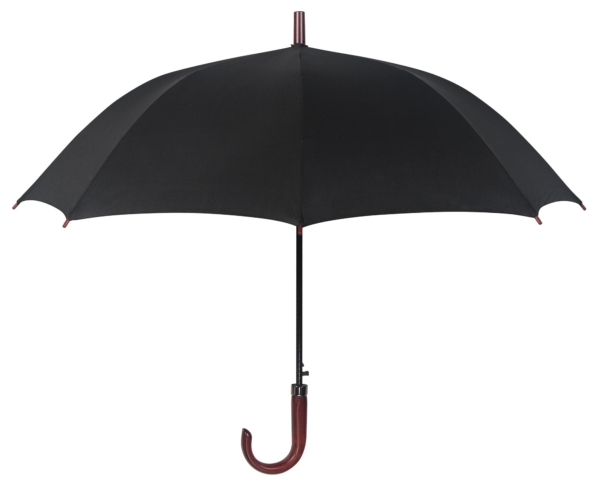1031 Exchange Frequent Questions
NON-TAX REASONS
There are a number of non-tax reasons to consider doing a 1031 Exchange.
Securities Offered through Arkadios Capital – Member FINRA/SIPC. Information available on third-party sites is for informational purposes only. There are risks associated with investing in real estate and Delaware Statutory Trust (DST) properties including, but not limited to, loss of entire investment principal, declining market values, tenant vacancies and illiquidity. Potential cash flows/returns/appreciation are not guaranteed and could be lower than anticipated. DST 1031 properties are only available to accredited investors (generally described as having a net worth of over $1 million dollars exclusive of primary residence) and accredited entities only. If you are unsure if you are an accredited investor and/or an accredited entity please verify with your CPA and Attorney. The information herein has been prepared for educational purposes only and does not constitute an offer to purchase or sell securitized real estate investments. Because investors situations and objectives vary this information is not intended to indicate suitability for any particular investor. This material is not to be interpreted as tax or legal advice. Please speak with your own tax and legal advisers for advice/guidance regarding your particular situation.




